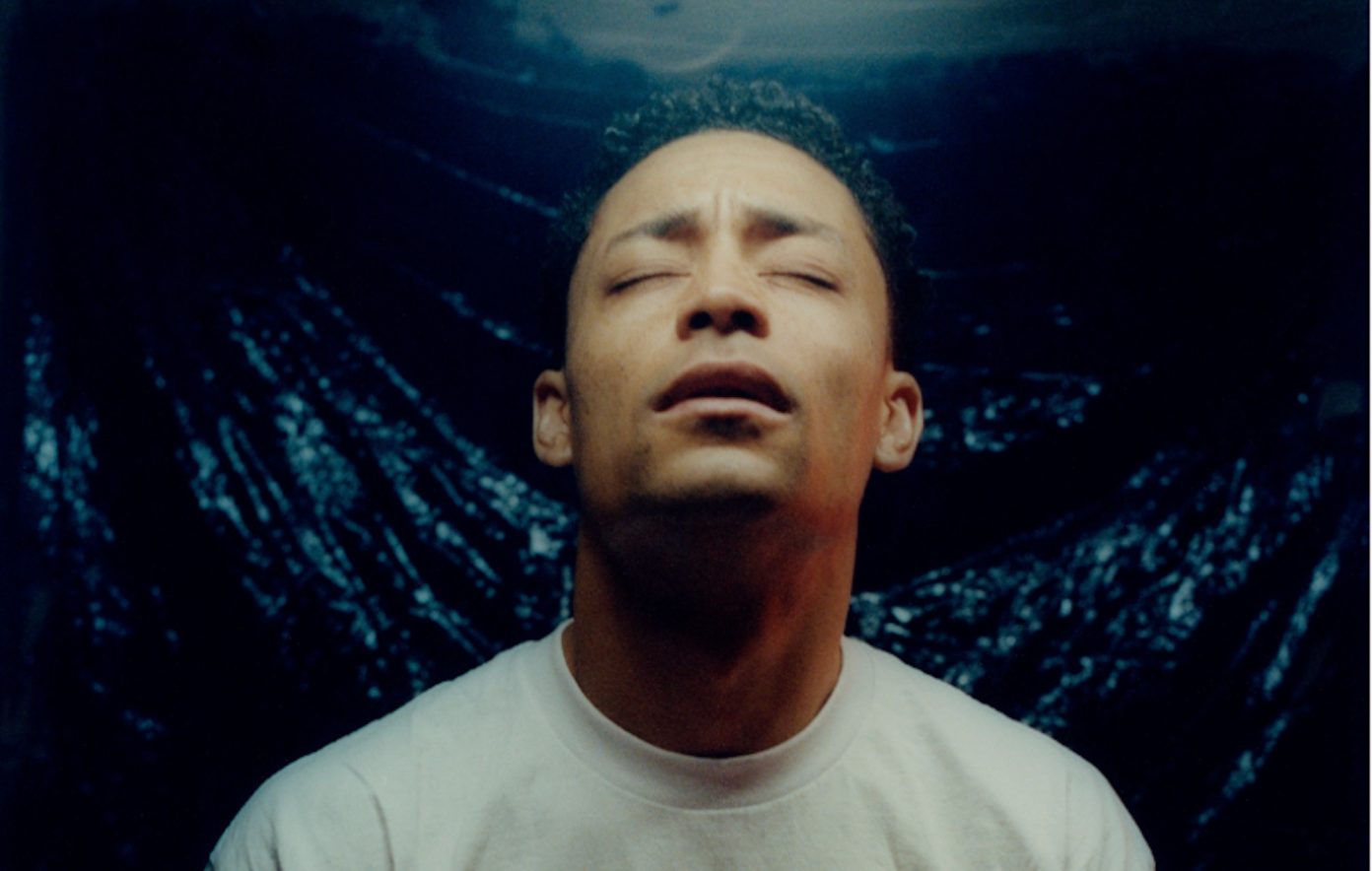Generation Black TV - Live
Hugo: Loyle Carners’ 3rd Studio Album is a Musical Magnifying Glass
What Loyle Carner did with ‘hugo’ was an unprecedented stroke of genius, but a stroke of genius nonetheless
Born and raised in South London, Carner used ‘hugo‘ to enhance not only his old sound but his societal commentary. His typical jazz-influenced sound has dug its heels into the majority of the album’s tracks, but with a speed and intensity that we haven’t yet heard from Carner. With singles and first tracks “Hate” and “Georgetown” setting the tone for the album as something that is not only deeply personal but inquisitive; a man that is clearly angry with the view of society his magnifying glass has shown him.
‘hugo’, Carner’s third studio album, takes on the role of exploring identity with issues of race and family co-existing at the forefront, ignited by the more recent birth of his son. To which Carner has dedicated a song, ‘Homerton’. The song represents a self-discussion that sees him come to terms with the mistakes he has made as a father, as well as taking on a new understanding and forgiveness towards his own father, having seen him make similar mistakes. “Sometimes, the parents need their kids more than the kids need the parents”. It is a track that emulates the start of a journey of reconciliation, with himself and the man that came before him.
Whilst ‘Homerton’ starts the journey of forgiveness, ‘HGU’ finishes it. The track takes on another introspective approach and sees Loyle finish the album with a clear message; in what is a short story of the forgiveness he has recently experienced towards his father for the mistakes he made, Carner forgives himself. It is a much bigger message than what it may initially seem and is a message that a lot of people will be able to relate to, especially with such an unmistakably sincere and urgent quality of production. Carner does not only want us to listen to his words, but to carry them with us in the hopes of gaining a better understanding of ourselves and, perhaps, our familial relationships.

© Christopher Currence
These sharp and insistent tracks do not stop at exploring his identity as a father, but also his identity as a mixed-race man. The most notable of which is “Georgetown”, a track featuring and born out of Afro-Guyanese poet John Agard and his well-known poem “Half-Caste”. Both explore the metaphor of a piano, and how its black and white keys are necessary to constitute a full instrument. It is a metaphor that highlights Loyle’s eventual self-acceptance of his mixed-race identity, as well as suggesting a reassuring self-love for his heritage. A piano is full and whole with its black and white keys, and so is he. It is a necessary and loving message but is not one that ends there. Tracks such as “Plastic” and “Blood On My Nikes” create a running commentary on societies handling of race-related issues. Particularly, the desensitising the media has created towards the violence young, black and mixed-race men experience in London, whilst the world continues to spin with its focus on shiny, ‘plastic’ things to take away from the real issues at hand.
And finally, Loyle, of course, does not shy away from exploring how his father’s identity as a black man played a role in impacting their relationship. We return to “HGU” to delve into such a connection; the opening lyrics “I forgive you, I forgive you, I forgive you” provide finality to a complicated relationship between father and son; forgiveness. But we’re not left with just that, we are shown an understanding that could come from self-introspection. Carner illustrates a notion that those with difficult upbringings may all hope to understand, “Hurt people hurt people.” But he takes it one step further, “Especially the ones who weren’t equal/the burnt treacle.” The black man, the men who were not equal to their white counterparts and by that logic were left waking up on the wrong side of the bed every day by society’s standards. Simply, it is harder to be black in contemporary Britain. We have not yet reached equality, and that kind of pain trickles through generations and relationships. It appears Carner, through his own battle with his identity, has discovered and come to terms with this notion in regard to his own father/son relationship.
‘hugo‘ is a hugely successful album that takes a magnifying glass to society, to fatherhood, and most importantly, to how these affect Carner as an individual. It is a captivating, soulful album in both production and lyricism, and one that we should pay thanks to merely for its existence. Loyle Carner does not shy away from anything, perhaps in hope that, eventually, no one else will either.


